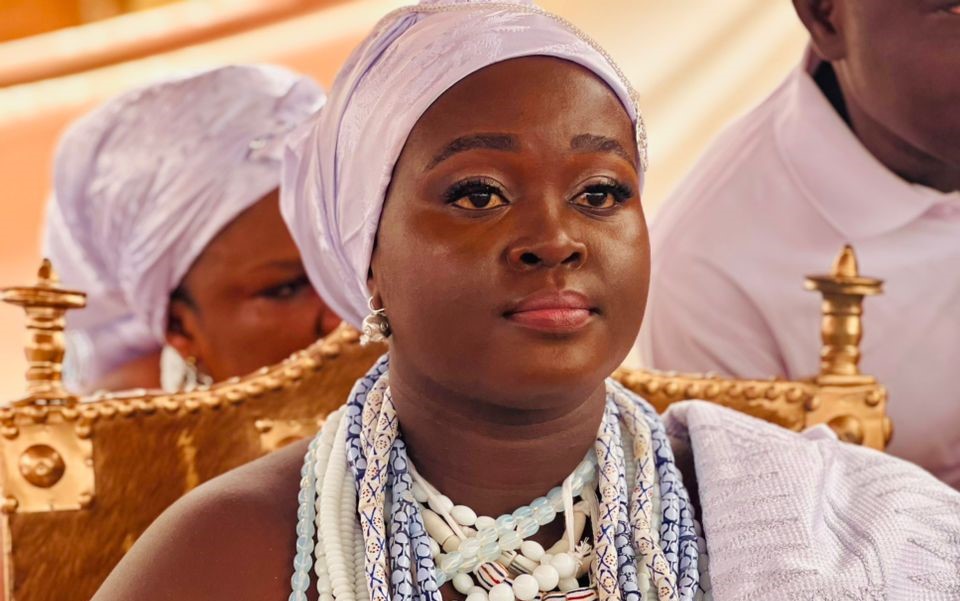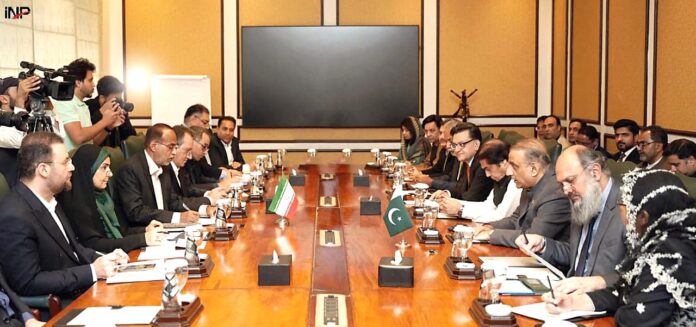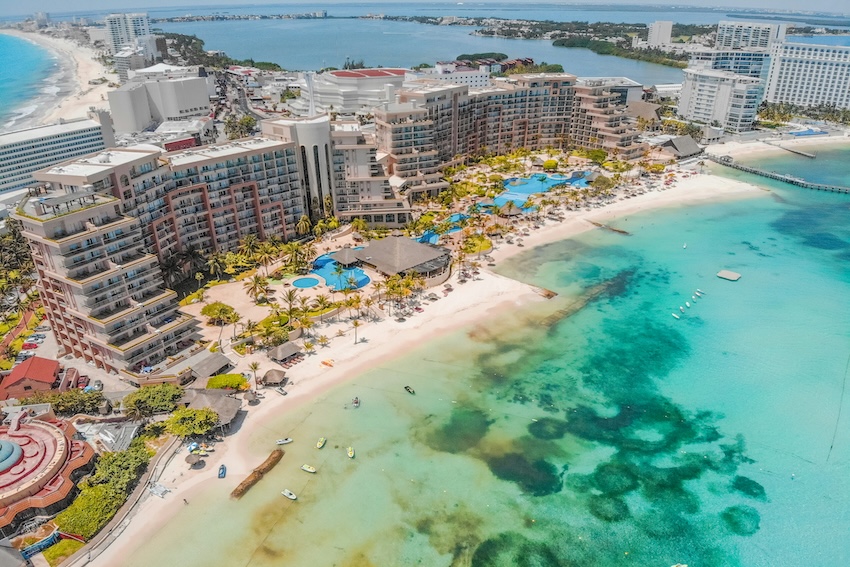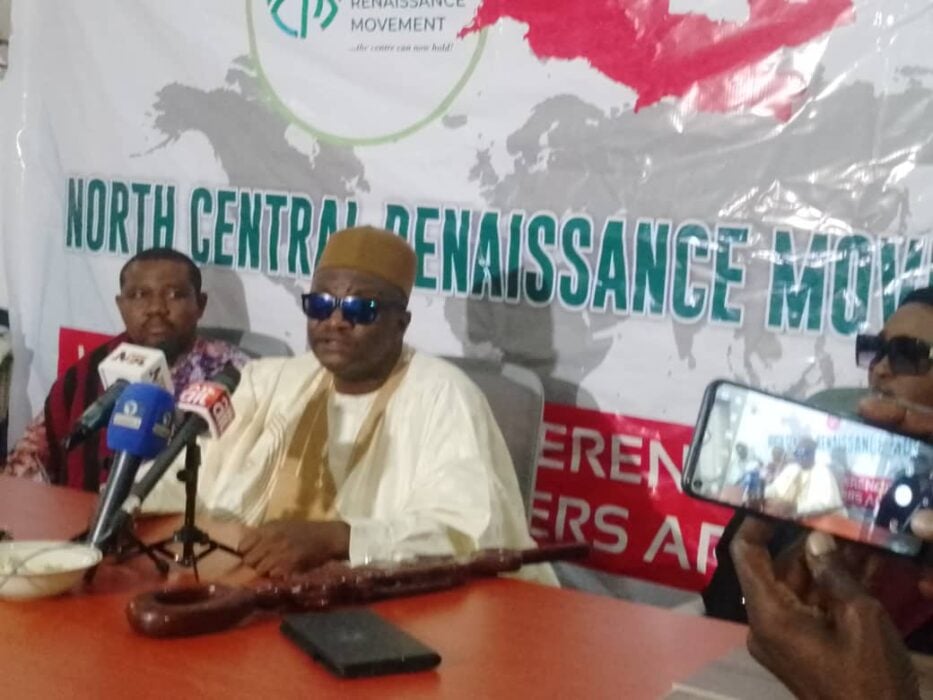Copyright egyptian-gazette
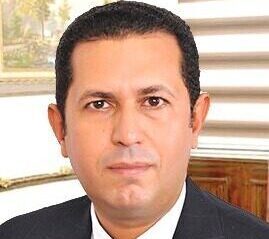
Partnership for stability, Gaza reconstruction, and migration control • Sisi’s policy of responsibility and restraint wins overdue recognition from EU leaders The first-ever EU–Egypt Summit in Brussels recently marked a defining moment in the evolution of Europe’s regional policy. As President Abdel Fattah El Sisi arrived in the Belgian capital, European leaders signalled a clear message: Egypt is no longer just a neighbour, but a cornerstone of Europe’s Middle East strategy. At the summit, the European Union unlocked €4 billion in fresh investments as part of a broader €7.4 billion strategic partnership signed in March 2024. The financial package, spanning trade, energy, migration, and humanitarian cooperation, reflects a deeper recalibration of Europe’s priorities amid unprecedented geopolitical challenges from the Gaza conflict to the migration crisis. From hesitation to strategic embrace The Brussels summit showcased Europe’s new realism. A decade ago, the EU hesitated to fully engage with Cairo following the 2013 political transition in Egypt. Today, that hesitation has given way to pragmatic partnership. European Council President António Costa described Egypt as a “vital stabilising force”, while European Commission President Ursula von der Leyen hailed Cairo as a “leading regional voice”. This public embrace underscores how Europe’s calculus has shifted. With wars raging in Gaza and Ukraine, migration pressures mounting, and the southern Mediterranean in flux, Europe’s need for a reliable regional partner has never been greater. Egypt’s political stability, control over its borders, and diplomatic influence make it uniquely positioned to fill that role. Egypt as Europe’s security partner One of the summit’s most prominent themes was migration. Recent data from Frontex, the EU’s border agency, shows irregular migration to Europe dropped by 21% in the first eight months of 2025, compared to the previous year, and by over 50% compared to 2023. European officials attribute much of this decline to stronger cooperation with Egypt and other North African states. President Sisi underscored this point in his meeting with EU foreign policy chief Kaja Kallas, asserting that “Europe hasn’t been significantly affected by illegal immigration because Egypt managed to stop it”. Under the 2024 partnership agreement, the EU pledged financial support to help Egypt combat people smuggling, strengthen border security, and manage migration flows. Egypt’s success in curbing irregular departures from its Mediterranean coast has earned it recognition in European capitals as a reliable partner capable of ensuring regional stability. Cairo’s cooperation extends beyond national borders. It plays a central role in regulating migration routes from sub-Saharan Africa through North Africa to Europe. Egypt’s indispensable role Beyond migration, Egypt’s role in Gaza dominated the Brussels discussions. Following last week’s meeting in Sharm el-Sheikh, attended by several European leaders and focused on the new Gaza peace and reconstruction plan, the EU has made clear it views Cairo as essential to implementing any durable solution. Egypt’s control of the Rafah crossing, the enclave’s only non-Israeli entry point, places it at the centre of all humanitarian and reconstruction efforts. Despite current Israeli restrictions, Egypt continues to coordinate with the UN and regional partners to facilitate aid delivery and negotiate access. The joint EU–Egypt statement following the summit reaffirmed this shared commitment: “Guaranteeing full humanitarian access to Gaza, with a central role for the UN and its agencies, constitutes a core EU and Egyptian priority”. Von der Leyen added that the EU “can count on Egypt’s active support” for the proposed Palestine Donor Group, a mechanism designed to fund reconstruction and bolster the Palestinian Authority’s capacity to govern post-war Gaza. Analysts such as Paul Taylor of the European Policy Centre argue that the EU’s relevance in the Middle East now “runs through Cairo”. Without Egypt’s mediation, Europe’s capacity to shape the post-war political landscape or support Palestinian recovery would be severely limited. This sentiment reflects a broader European shift: in an era of regional upheaval, the quest for stability has replaced the rhetoric of conditionality. The focus is now on results, migration management, energy cooperation, and regional mediation, rather than on abstract political ideals. A partnership redefined For Egypt, the Brussels summit marks not only a diplomatic success, but also an acknowledgment of its pivotal role in the Euro-Mediterranean region. The agreements reached extend beyond financial aid. They signal confidence in Egypt’s ability to safeguard shared interests in security, trade, and humanitarian relief. As Europe faces one of the most turbulent geopolitical moments in recent memory, Egypt emerges as its most credible partner, bridging continents, stabilising conflict zones, and providing the pragmatic leadership required to navigate crises from Gaza to the Mediterranean. In Brussels, Europe did not just open its wallet. It opened a new chapter, one in which Cairo stands at the heart of its strategy for peace, security, and regional balance. Mohamed Fahmy is the editor-in-chief of The Egyptian Gazette and Egyptian Mail newspapers [email protected]
